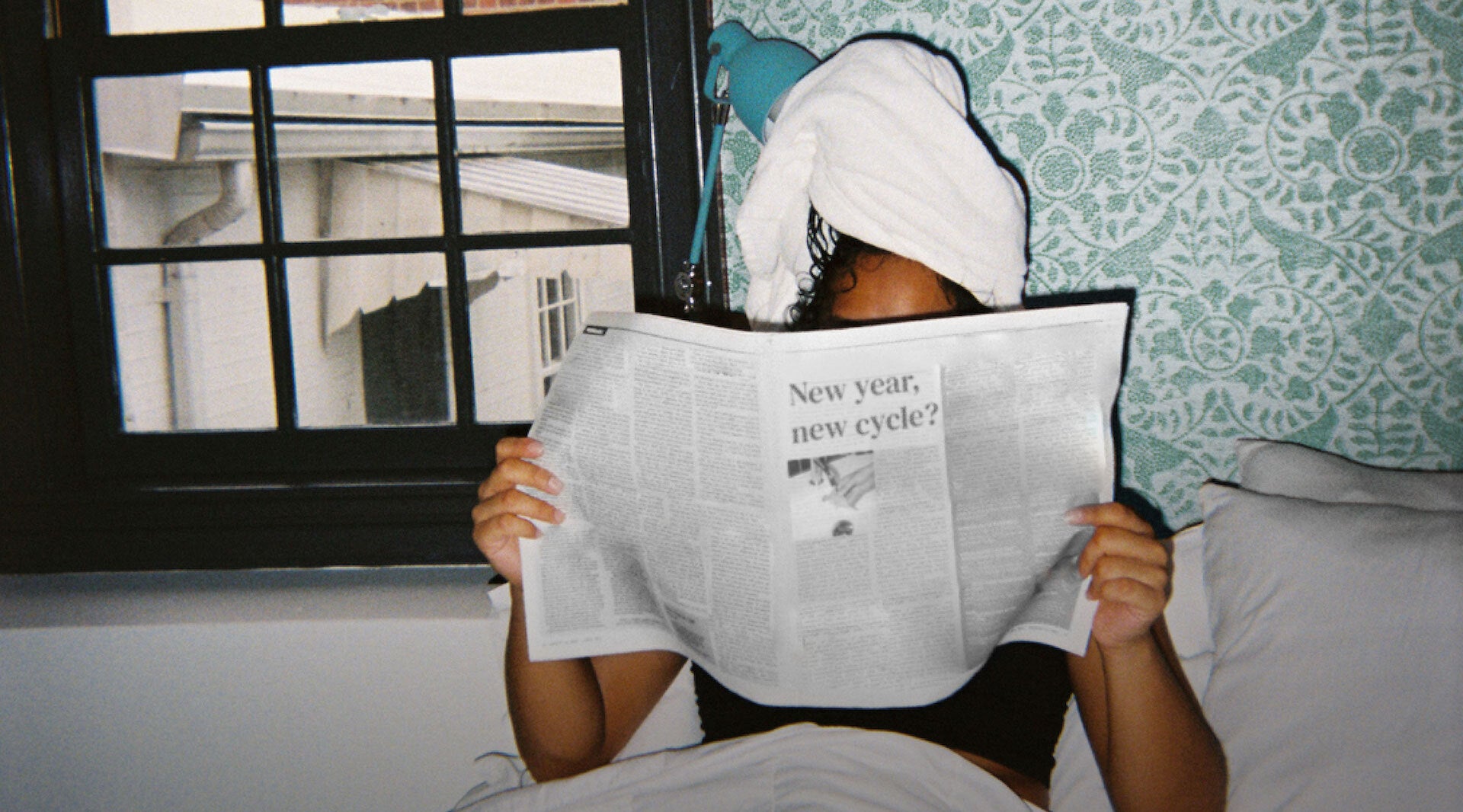If your boobs feel different every week, you’re not imagining it — your hormones are calling the shots. Throughout your menstrual cycle, shifts in oestrogen and progesterone can change the size, shape, and texture of your breasts. One day they’re perky and full; the next, they’ve disappeared or feel lumpy and sore.
These changes are completely normal (if occasionally annoying), and understanding them can help you feel more in tune with your body — and a little less WTF in the mirror.
Here’s what your boobs are up to during each phase of your cycle:
Phase 1: Lumps and Bumps
(Period days 1–5)
At the start of your cycle, your boobs might feel uneven or lumpy. This is down to milk glands getting temporarily enlarged, just in case pregnancy is on the cards. Once your body realises that’s not happening, the lumps calm down and things smooth out.
Phase 2: Shrinkage
(End of period – around day 3 to 7)
This is when your boobs are at their smallest. With oestrogen and progesterone at their lowest, your chest isn’t holding on to extra fluid — so what you see is basically your “true size.” If your bras feel a bit looser this week, it’s not your imagination.
Phase 3: Perky
(Around ovulation – day 12 or so)
Hello, hormones. Rising oestrogen improves skin elasticity and gives your boobs a little natural lift. They might feel firmer, rounder and a little more selfie-ready. Enjoy it while it lasts.
Phase 4: Swollen
(Luteal phase – after ovulation through to your period)
This is peak boob season. As progesterone levels climb, you might notice swelling, tenderness, visible veins and a fuller shape. Yes, they might look great — but they can also feel like overinflated balloons. Totally normal.
Phase 5: Wonky
(PMS week)
Feeling a little lopsided? You're not alone. Research shows that low oestrogen in the premenstrual phase can cause your breasts to become slightly asymmetrical. One might look fuller or sit differently — but don’t worry, things usually even out once your period kicks in.
So next time your boobs feel off, don’t panic — they’re just doing their monthly thing. As with anything cycle-related, tracking how your breasts feel throughout the month can help you understand your personal patterns and spot anything unusual.
Blog disclaimer
Our blog is intended to share information and ideas around periods, health, and sustainability. While we do our best to keep content accurate and up to date, things can change over time. The information here is not intended as medical advice — for any health-related concerns, please consult a qualified healthcare professional. For more information on our claims, please see our Claims Page, and for the most up-to-date product information, please visit our Product Pages.





